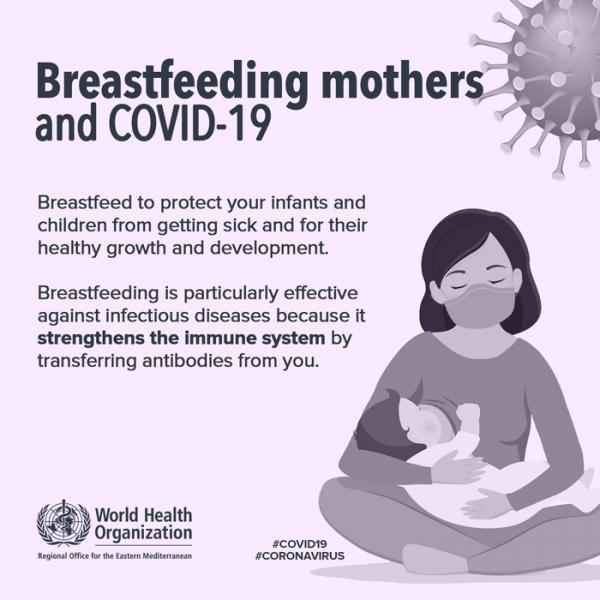A new study published in The Journal of Nutrition, Health, and Aging highlights the significant impact of breakfast quality and energy intake on cardiometabolic health in older adults. The research, which focused on individuals aged 55-75 years with metabolic syndrome, reveals that both high- and low-energy breakfasts, as well as breakfasts of poor quality, are linked to negative health outcomes, including increased triglyceride levels, body fat, impaired kidney function, and reduced levels of good cholesterol (HDL).
The Importance of Breakfast
Breakfast is a cornerstone of daily nutrition, contributing to 20-25% of total daily energy intake. Skipping breakfast has been associated with higher risks of obesity, diabetes, and other metabolic disorders. Conversely, regular breakfast consumption is linked to improved diet quality and a lower risk of hypertension, metabolic syndrome, cardiovascular disease, and obesity. Yet, clear guidelines on what makes a “high-quality” breakfast are still lacking.
While previous research has shown that a nutritious breakfast consisting of vegetables, fruits, whole grains, and healthy fats may improve cardiometabolic health, there has been a gap in prospective studies examining how breakfast calorie intake and quality influence long-term health outcomes.
About the Study
This recent study builds upon previous work by exploring the relationship between breakfast energy intake and quality, and their impact on cardiometabolic health over time. The study was part of a larger investigation into the effects of the Mediterranean diet, with or without exercise, on cardiovascular disease in adults with metabolic syndrome. Participants consumed a Mediterranean-style breakfast that included low-fat dairy, whole grains, protein, olive oil, nuts, and fruits.
Researchers assessed participants’ breakfast habits using three-day food records completed at baseline, 24 months, and 36 months. Cardiometabolic risk factors—such as body mass index (BMI), blood pressure, triglyceride levels, and kidney function—were measured at several intervals. Statistical models were employed to evaluate how energy intake and meal quality at breakfast affected these factors over time.
Study Findings
The study involved 383 obese or overweight older adults with metabolic syndrome and high cardiovascular risk factors. Participants were categorized into groups based on their breakfast energy intake (low, high) and breakfast quality (low, high). The study found that both low and high energy intake at breakfast were linked to increased BMI and waist circumference, with the high-energy group showing more pronounced effects.
Additionally, participants who consumed low-quality breakfasts experienced higher triglyceride levels and lower HDL cholesterol. Blood pressure remained relatively unchanged based on breakfast energy intake, though those who consumed low-quality breakfasts showed a slight increase in blood pressure. No significant differences were found in glucose levels or glycated hemoglobin (a marker for diabetes), but those with low-quality breakfasts had slightly higher glucose readings. Kidney function, as measured by estimated glomerular filtration rate (eGFR), was lower in individuals consuming low-quality breakfasts.
Conclusions
The study concludes that both the energy intake and quality of breakfast have independent effects on health outcomes. Specifically, consuming less than 20% of daily calories at breakfast was associated with greater adiposity, while those who consumed over 30% of their daily calories at breakfast experienced even greater adiposity, marking a novel finding in the study.
On the positive side, participants who ate a balanced breakfast consisting of 20-30% of their daily caloric intake experienced improvements in lipid profiles, including lower triglyceride levels and higher HDL cholesterol. A high-quality breakfast, rich in nutrients like protein and whole grains, was associated with a reduction in waist circumference, improved kidney function, and better cholesterol levels.
These results underline the importance of both the quantity and quality of breakfast, particularly for individuals at high risk for metabolic and cardiovascular conditions.
Journal Reference:
Pérez-Vega, K., Lassale, C., Zomeño, M., et al. (2024). Breakfast energy intake and dietary quality and trajectories of cardiometabolic risk factors in older adults. The Journal of Nutrition, Health, and Aging (2024). doi:10.1016/j.jnha.2024.100406












